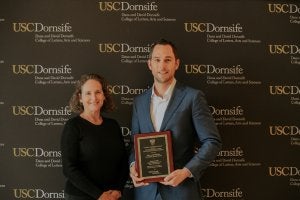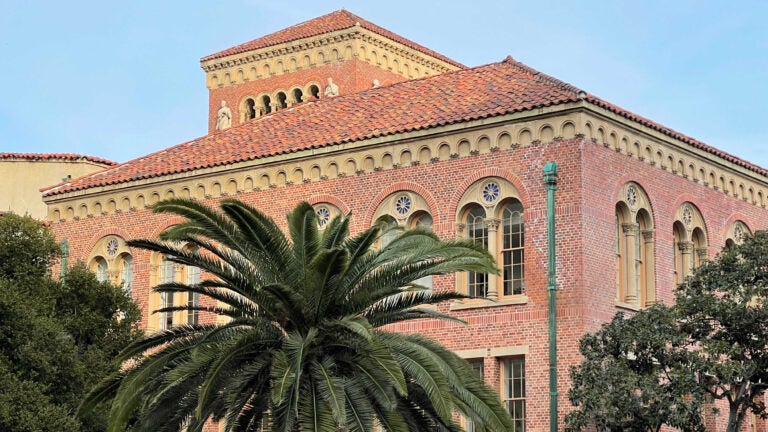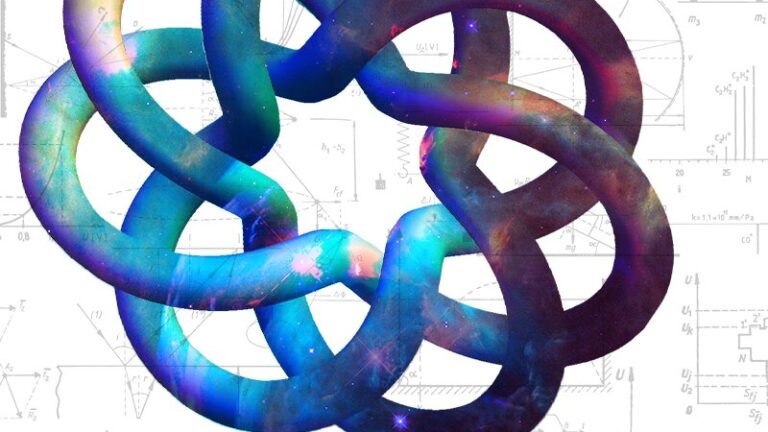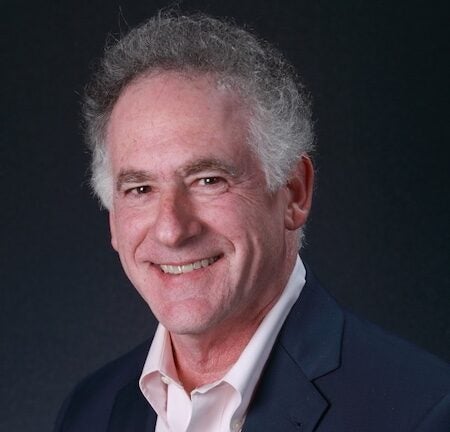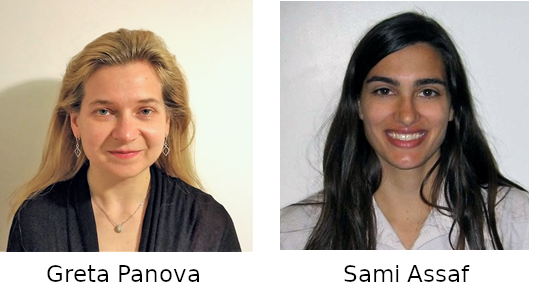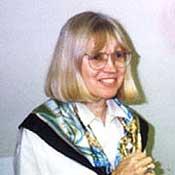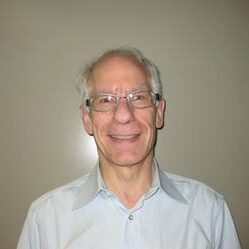Department of Mathematics
Welcome to the Department of Mathematics at USC Dornsife. We offer a wide range of research and education opportunities in pure and applied mathematics. We also form a lively and engaged community of scholars. Please explore our website, from student resources to faculty personal pages, from math clubs to research seminars, to learn more about us and about our offerings and activities.
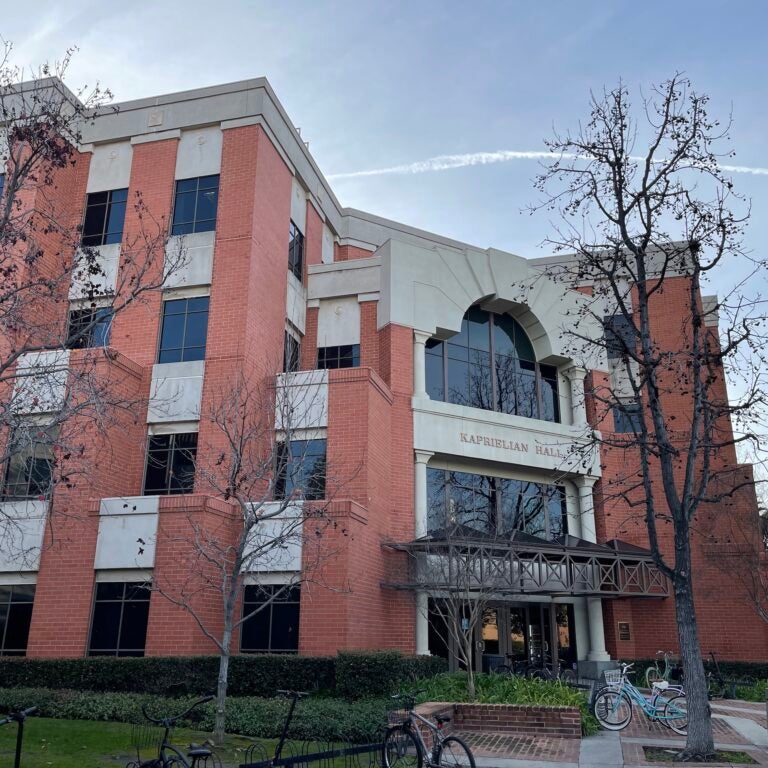
Seminars/Colloquia
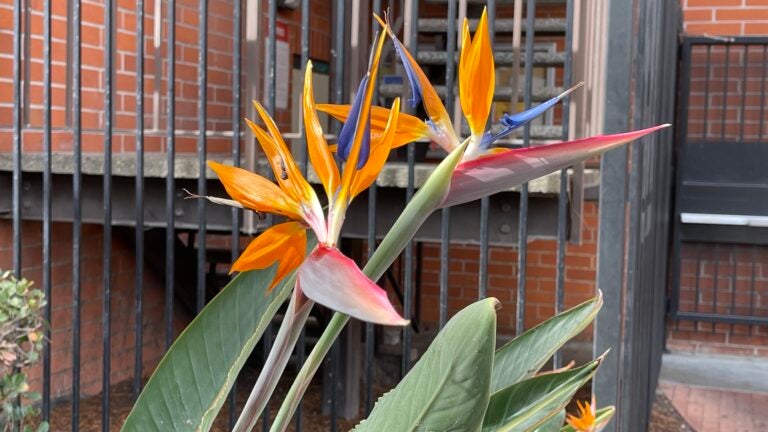

Tenure-Track positions
The Department of Mathematics in the Dana and David Dornsife College of Letters, Arts, and Sciences of the University of Southern California in Los Angeles, California, seeks to hire two tenure-track positions at the Assistant Professor level. The anticipated start date of this position is August 2024.
Candidates in all fields of mathematics, applied mathematics, and mathematical statistics will be considered.
News
Congratulations, Greta Panova
Greta Panova is one of the outstanding mathematicians who have
been awarded a Simons Fellowship in 2024. The program extends academic leaves from one term to a full year, enabling recipients to focus solely on research .
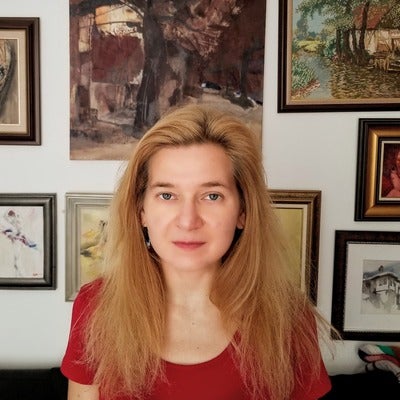
We are excited to announce that Professor Paul Newton has been named a Guggenheim Fellow by The John Simon Guggenheim Memorial Foundation. This prestigious fellowship is awarded to exceptional individuals who have demonstrated significant achievement and promise in their field. Professor Newton is an applied mathematician studying tumor cells using mathematical models, computer simulations, and longitudinal data.
Professor Newton’s selection recognizes his project, ‘Cancer evolution using mathematical models guided by ecological principles.’ The Guggenheim Fellowship supports scholars and artists in all fields, providing them the opportunity to work with substantial freedom over an extended period.
Juhi Jang to lecture at ICMP 2024
Juhi Jang will deliver an invited lecture at the General Relativity session during the International Congress of Mathematical Physics in Strasbourg, July 2024.
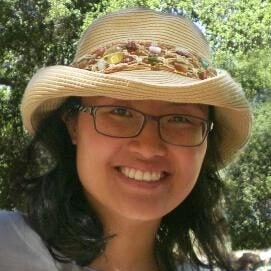
Congratulations, Eric Friedlander
On the occasion of his 80th birthday, a conference is being organized on Motivic homotopy, K-theory, and Modular Representations. Click here to know more.
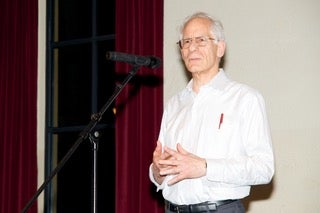
Congratulations, Jason Fulman
The book “The mathematics of shuffling cards” written by Persi Diaconis (Stanford) and Jason Fulman (USC), and recently published by the American Math Society, won a 2023 CHOICE Outstanding Academic Title award. Click here to know more.
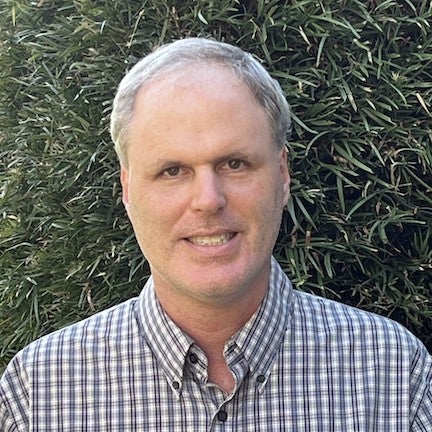
We are sad to announce that our long time colleague Robert Sacker passed away in his sleep on Sunday, December 10, 2023.
Bob joined the faculty at USC in 1966 and he was a member of the Math Department until his retirement in the Spring of 2023.
He was distinguished for his work in dynamical systems and was well known for the “Sacker-Sell Spectrum.” This article by George Sell in the 2009 issue of JDE&A describes aspects of Bob’s work.
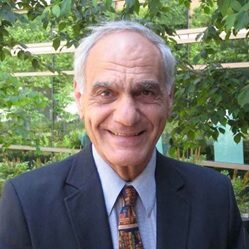
Greta Panova receives the AMS Birman Fellowship for Women Scholars
Congratulations to Greta Panova for the 2024-25 Joan and Joseph Birman Research Fellowship for mid-career women scholars which is specially designed to fit the unique needs of women.

USC Graduate Program Information Session
Register here for our virtual open house for prospective graduate students on Thursday, October 26, 2023 from 4-6pm.
The deadline to apply for Fall 2024 admission is December 15, 2023. Apply here.
Juhi Jang receives Best Paper Award as part of the Frontiers of Science awards
Congratulations to Juhi Jang on her work being selected for a Best Paper Award in Mathematics (in Partial Differential Equations) as part of the Frontiers of Science Awards.

Congratulations to our PhD students who graduated in 2022-23
Nineteen graduate students from our department received their PhD in 2022-23. Here is the full list, together with their advisor, the current title, and the first place of employment.
- Abdullah Karakus (Alexander)
- Alexander Sahakian (Ganatra), Lecturer, USC
- Andrew Lowy (Razaviyayn/Minsker), Research Associate at Inst for Foundations of Data Science (IFDS), University of Wisconsin-Madison
- Aykut Arslan (Lv), Lecturer, USC
- Daniel Lundstrom (Minsker)
- Debtanu Sen (Ganatra), Quant Analyst, Trailstone Renewables GmBH
- Gin Park (Haydn), Mathematics Instructor, CMS (Creverse, Seoul, So Korea)
- Grant Bowling (Assaf)
- Henry Ehrhard (Assaf)
- Jan Ernest (JE) Paguyo (Fulman), Britton Postdoc Fellow, McMaster University
- Kayla Orlinsky (Montgomery), Lecturer, USC
- Lijia Wang (Goldstein/Tong), Assistant Professor (TT), City University of Hong Kong
- Linfeng Li (Jang/Kukavica), Hedrick Asst Adjunct Professor, UCLA
- Maria Allayioti (Rosen), Data Scientist, Cognomotiv
- Mark Ebert (Lauda), Postdoc, UCLA
- Melih Iseri (Zhang), Assistant Professor (NTT), University of Michigan
- Shiyun Wang (Panova), Dunham-Jackson Postdoc Associate, University of Minnesota Twin Cities
- Shunan Yao (Minsker/Tong), Assistant Professor (TT), Hong Kong Baptist University
- Ying Tan (Ma), Visiting Assistant Professor, UC Santa Barbara
Cris Negron has received an NSF CAREER award
Cris Negron has received an NSF CAREER award for his project “Homotopical representation theory and TQFTs.” This is the National Science Foundation’s most prestigious award for early career faculty and will support Negron’s research at the intersections of representation theory, geometry, and mathematical physics. The project will investigate derived categories of quantum group representations and their appearances in low dimensional topological field theories.

Susan Montgomery’s contributions in noncommutative algebra are covered extensively in the Notices of the AMS. The article covers her professional journey along with a discussion of her research accomplishments through the course of her long and decorated career. Click here to read more.
Virtual open house for incoming Ph.D. students
The mathematics department held its open house for incoming Fall 2023 Ph.D. students on Thursday, February 23, 2023. To view the recording, please click here.
Aaron Lauda secured an $8 million Simons Foundation grant to push the boundaries of knowledge about our universe and open doors to advances now depicted only in science fiction.
Eric Friedlander was the Distinguished Speaker at the Maurice Auslander Distinguished Lectures, Oct 29-30, 2022, at Woods Hole Oceanographic Institution, Quissett Campus, in Woods Hole, Massachusetts, USA.
Aaron Lauda received the prestigious Senior Raubenheimer Award
The Albert S. Raubenheimer Award is awarded in recognition of outstanding teaching, scholarship and service within the university.
